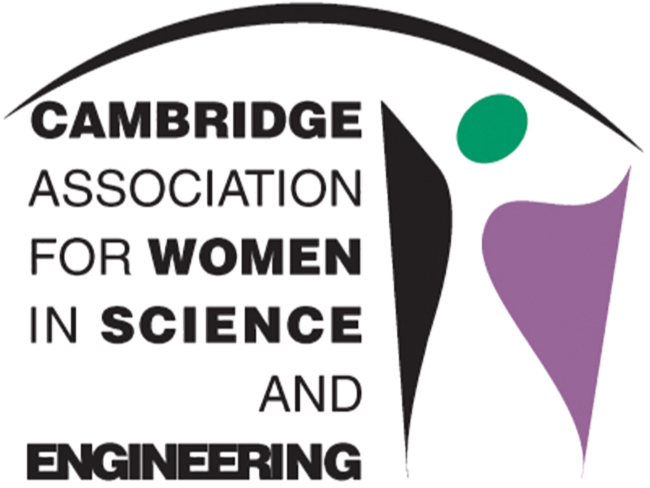BLOG: How to help others understand your personal strengths during an interview (Part 2 of 3)
- Cambridge AWiSE
- May 11, 2019
- 3 min read
Updated: Feb 6, 2025
By Dr Keith Turner, Director, Springboard*
In the previous blog I talked about the idea of women conveying the value of their strong personal characteristics to help make the benefits obvious to male colleagues. What would be an example of this? And how can you take control of the situation yourself?
Let’s imagine you’re in an interview, and you’ve just been asked a difficult technical question. What sort of reaction does the interviewer want to see? Personally, I look for a resourceful, intelligent and slightly humble answer. I hope to see good solid baseline academic knowledge of the subject. Then I like to see candidates expand on that knowledge, perhaps by giving examples of where they have seen relevant technical use of the knowledge in industrial process or products. I am even more impressed when candidates can put the first two together to make an educated guess at the answer to the question along with some predictions of likely areas of difficulty. The icing on the cake is when the candidate explains how they have tackled something relevant in the past, and are able to admit what went wrong and how they have learned from the experience to do it better next time.
I can still remember one of the early interviews where the answer was roughly as follows. First, the candidate threw up some equations, apparently unconcerned that a few were wrong. Then he talked about the time he mended his motorbike, before making a not-very-accurate guess at the answer. I appreciated his willingness to have a go, but really it wasn’t a particularly impressive answer and I was worried that he might be bluffing. More recently we had a much quieter candidate who gave only very limited explanations of the underlying science, and didn’t expand into real-world examples. When we coaxed her through the question, she did actually know the equations, but it was hard work to draw the knowledge out. I suspect given sufficient time, she would go away and work it out accurately and check each step, but there wasn’t the opportunity to show that in the interview format.
You can help the interviewer by being yourself. For some candidates, their advantage could be diligence and honesty, so a good answer could go like this: “Hmm, that’s a difficult question. I know from my university course that the fundamental equation is xyz. There’s another important extension to that theory which is more accurate. I can’t recall it right now, but I would go and look that up to make sure it’s accurate and then apply it to this problem. I haven’t made a widget like this myself before, but can I tell you about a different practical challenge I have faced which I think shows the same range of skills? I once made a dongle out of material x because I wanted to learn more about machining that type of substance. It didn’t work first time because the holes were too big. This is because I didn’t allow for shrinkage in that material, so now I always find out about the things that might go wrong and then check with someone else before spending any money.”
An answer along these lines would indicate to me a candidate who has a solid attitude backed up with examples of technical credibility. You could even prepare your own private case study of some practical and theoretical work and then weave it into whichever question you are asked.Perception is in the eye of the observer, and the more you can do to show the employer that your skills are valuable to them, the more chance you will have of success.
This initiative by the candidate to ensure the employer understands their strengths is one of the two strategies to improve diversity in the recruitment process. The other is to mitigate unconscious bias on the part of the employer. My journey of discovery on that matter is the subject of the next blog.
* Dr Keith Turner will be a guest panel speaker for the CamAWiSE “Men as allies – Approaching equality together”, 30 May 2019, in partnership with the Wellcome-MRC Cambridge Stem Cell Institute.
Springboard is a technical consultancy which develops innovative medical devices such as auto-injectors, infusion pumps and electromechanical surgical equipment. Springboard works through all product development process stages: concepts, proof of principle in the laboratory, design for manufacture and verification. Through its strategic partnerships with broad industries and technical areas, there is opportunity to develop careers in project leadership, technical specialities, line management and sales.
Further information can be found at www.springboard.pro.



Comments